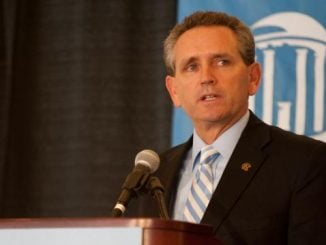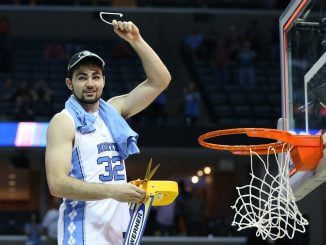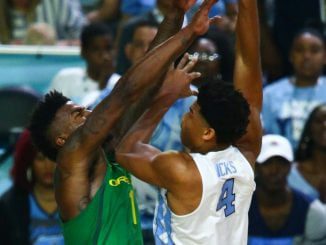
CHAPEL HILL — North Carolina officials spent approximately 15 hours over the past two days pleading their case before the NCAA’s Committee on Infractions in Nashville.
Now all they can do is wait for a verdict.
It will take another 2-3 months for the seven-member NCAA committee to issue an infractions report, which will include any penalties it decides to impose on the Tar Heels for academic irregularities in its African and Afro-American Studies program.
But even that might not bring an end to a process that began more than seven years ago. UNC has the right to appeal if it doesn’t agree with the Committee on Infractions’ ruling. Considering the contentiousness of recent correspondences between the school and the NCAA, there is a strong likelihood that will happen.
There is also a possibility that the case could end up in court, further delaying a final resolution.
Neither UNC nor the NCAA is commenting on the hearings that ended just after lunchtime Wednesday. The only thing resembling a statement came from UNC spokesperson Steve Kirshner, who said that representatives of the school “can’t talk about the hearing and can’t talk about the facts of the case, so there’s nothing to add at this time.
The Tar Heels’ contingent consisted of chancellor Carol Folt, athletic director Bubba Cunningham, football coach Larry Fedora, men’s basketball coach Roy Williams, women’s basketball coach Sylvia Hatchell, compliance staff members and a team of lawyers.
Fedora returned to Chapel Hill after Tuesday’s session to continue preparing his team for the upcoming 2017 season.
The NCAA’s enforcement staff has accused UNC of five Level I charges, including its most serious lack of institutional control, for academic irregularities that took place over an 18-year span from 1993-2011. It has classified the anomalous AFAM classes as an “impermissible extra benefit.”
UNC has countered that the academic issues in question do not fall under the jurisdiction of NCAA bylaws and have already been sufficiently addressed by its accrediting agency — the Southern Association of Colleges and Schools.
SACS placed UNC on probation in 2015, a sanction that was lifted a year later after the university instituted new guidelines and safeguards to ensure that the mistakes of the past aren’t repeated.



